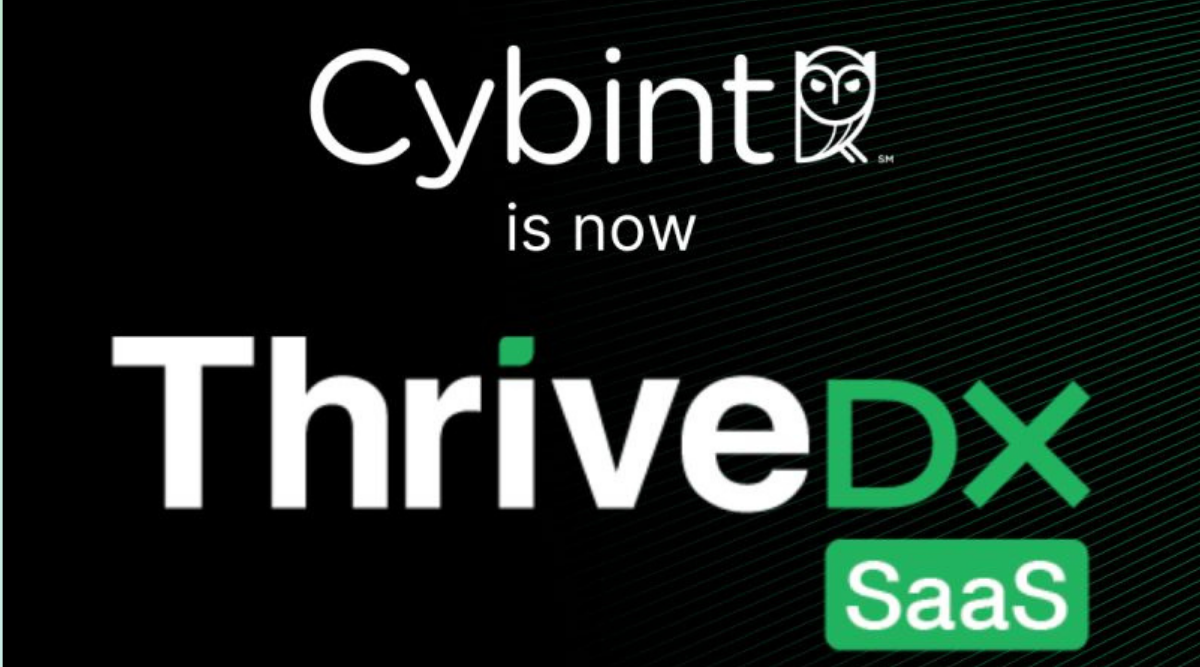While the word “literacy” alone generally refers to reading and writing skills, when you add on the word “cyber” before it, the term encompasses much, much more. By definition, Cyber Literacy means the ability to use computer technologies effectively and to simultaneously understand the implications of those actions. It is also important to know where to go to find reliable and accurate resources in cyberspace, otherwise known as cyber intelligence. The word understanding is key here, as it goes beyond knowing how to use the technology but to have a consciousness of one’s actions.
So, what is so important about Cyber Literacy?
Actually, quite a lot. You see, just like we use money every single day and should understand those Financial Literacy components, we need to understand the computers we use daily and use that knowledge to protect your data, find information faster, avoid phishing and much more. Recently, a Tenable survey showed that, although virtually all respondents had heard about data breaches, many have failed to change their security habits. This could stem from ignorance, denial or a misunderstanding of their role in protecting data.
The survey also found that only about one-quarter of employees use multifactor authentication (MFA), and just one-third have reduced their use of open Wi-Fi hotspots as a result of stories describing security compromises. In addition, 45 percent of respondents use a personal identification number (PIN) to lock their laptops and other mobile devices, and 19 percent use some form of biometric tools such as fingerprint or facial recognition. This is alarming because most of these activities, like the cyber literacy discussion itself, have been around for decades.
Understanding the cyber terminology, threats and opportunities is critical for our future managers, law enforcers, business professionals and leaders. As our society becomes more digital, so do our assets. So, whether you’re safe guarding your own personal information (social security numbers, credit card information) or your company’s (client data, confidential information), you should be doing all you can to maintain your understanding of cyber protection and intelligence. We are in the business of building cyber leaders of tomorrow, if you’re interested in learning more about our cyber literacy programs at Cybint, please visit here.









